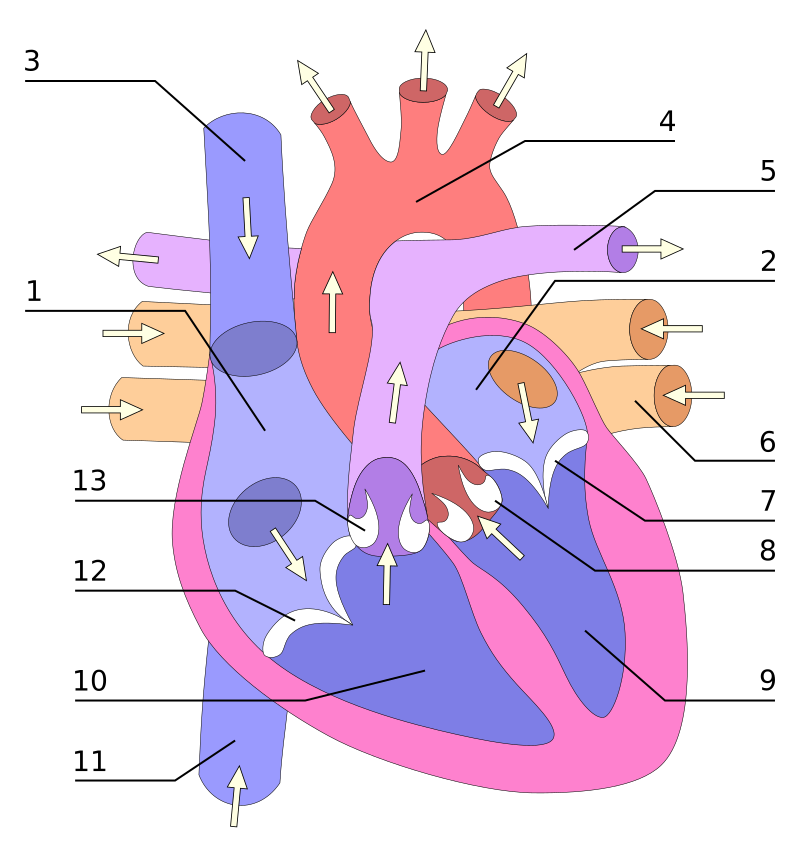Expert Panel Recommends Cardiac Screenings Starting at Age 15

In a significant health advisory, an expert committee formed by the state government has recommended that cardiac screenings begin at age 15. This recommendation comes in light of a recent investigation into the rising incidence of sudden cardiac deaths among adolescents, which has prompted concerns within the medical community and raised questions about potential links to COVID-19 infections and vaccinations.
The panel, which includes leading cardiologists and epidemiologists, has concluded that there is no direct correlation between sudden cardiovascular deaths and COVID-19 infections or vaccinations. According to Dr. Emily Carter, a cardiologist at Stanford University and a member of the committee, "Our findings suggest that while the pandemic has altered many health dynamics, it is not a singular cause for the recent spike in sudden cardiac events among youth."
The committee's report, published on July 5, 2025, highlights a complex interplay of factors contributing to these alarming trends. It notes that lifestyle changes during the pandemic, including increased sedentary behavior and mental health challenges, may have exacerbated existing vulnerabilities among adolescents. Dr. Alan Smith, a researcher at the National Institutes of Health, emphasizes, "The data indicates a multifactorial genesis of these cardiac events. It is imperative that we explore all potential contributors, including genetic predispositions, environmental influences, and lifestyle choices."
The recommendations include establishing a national registry for sudden cardiac deaths to better track and analyze these incidents. Dr. Lisa Nguyen, Director of the American Heart Association’s Youth Health Initiative, states, "Creating a registry will allow us to gather essential data and implement preventive measures effectively. By starting screenings at age 15, we aim to identify at-risk individuals early and provide them with the necessary interventions."
This advisory comes against a backdrop of heightened awareness of adolescent health issues during the pandemic. The World Health Organization has reported an increase in mental health challenges among youth, which may contribute to physical health problems, including cardiovascular issues. According to a 2023 study published in the Journal of Adolescent Health, physical inactivity and anxiety have been linked to higher risks of heart conditions in younger populations.
The panel’s recommendations have garnered support from various stakeholders, including schools and community health organizations. Educators are being urged to incorporate physical health education into their curricula, fostering an environment that promotes regular health check-ups and healthy lifestyle choices among students.
Looking ahead, experts predict that if implemented effectively, these screening protocols could significantly reduce the incidence of sudden cardiac deaths in adolescents. However, the success of these initiatives will depend on public awareness and engagement. Dr. Robert Jensen, a public health specialist at the University of California, Los Angeles, remarks, "Community outreach and education will be key in ensuring that families understand the importance of these screenings."
In conclusion, as the state government implements these recommendations, the potential for improved adolescent health outcomes hinges on a collective effort from healthcare providers, educators, and families. The establishment of a national registry and early screenings may pave the way for a proactive approach to youth cardiac health, ultimately saving lives in the process.
Advertisement
Tags
Advertisement





